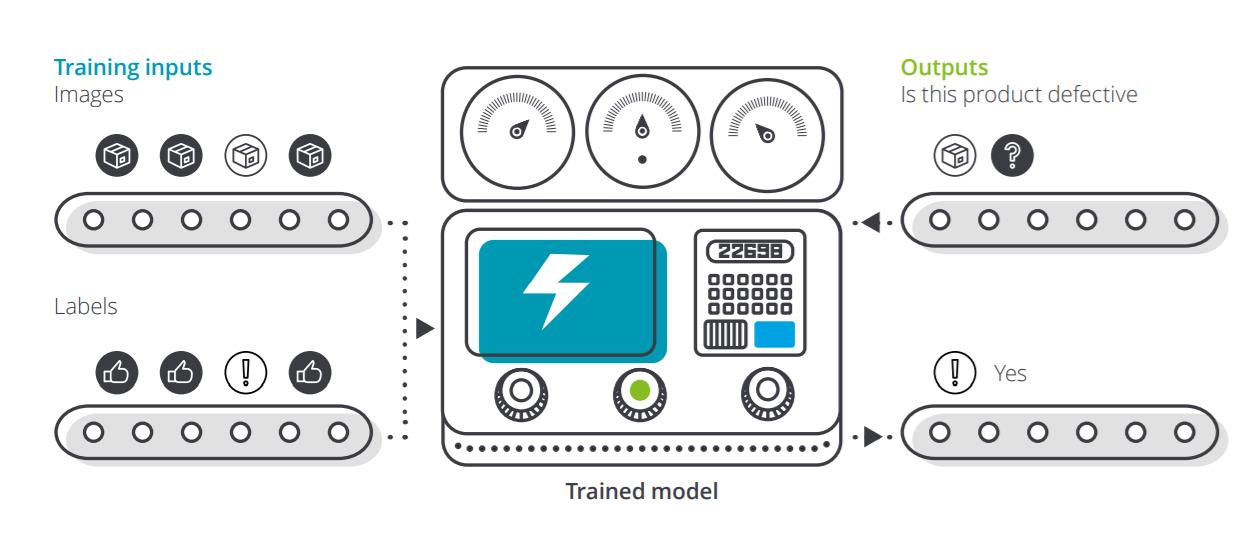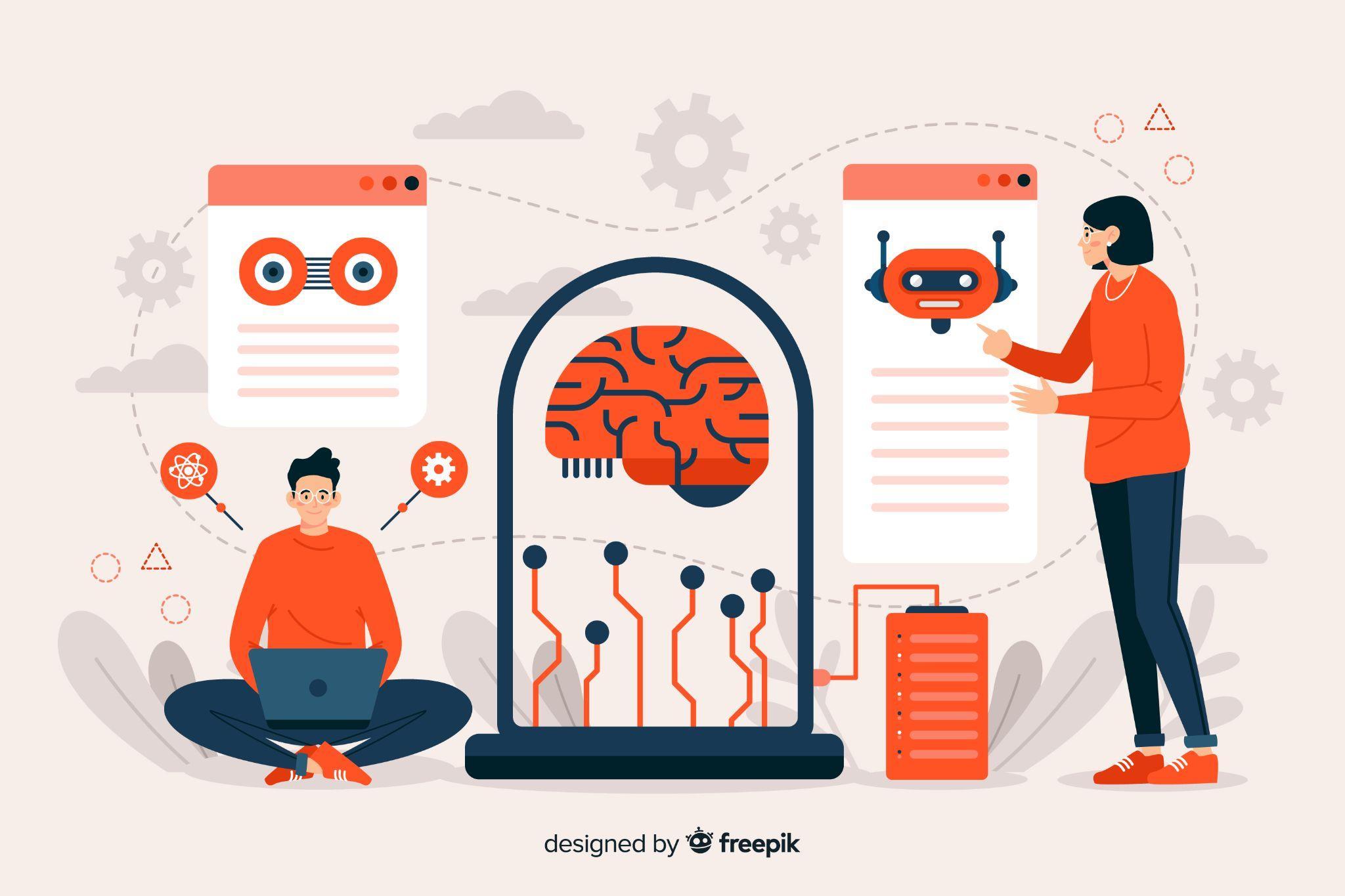
The Ultimate Guide to Low-Code/No-Code Development
March 5, 2022
The Complete Guide to CI/CD for DevOps Engineers in 2022
March 5, 2022
Growth of Deep Learning in 2022 and its Impact on Various Business Processes

Deep learning algorithms are powering services and products all around us, from Netflix or Spotify suggestions to Ring cameras capable of detecting motions and faces. Over the next decade, Deep Learning promises to accelerate the automation of business processes. Deep learning models use incredibly complex neural networks consisting of multiple layers, often representing the parameters taken into account to build a particular model. Deep learning algorithms perform a multitude of functions such as fraud detection, pixel restoration, and text analysis across a host of different industries. Deep learning has significant advantages over standard machine learning systems, such as learning and improving itself as it analyzes an enormous amount of data. Deep learning neural networks imitate the human brain's decision-making processes by conducting a set of computations to reach a result. It can enable businesses to analyze their data correctly in a way that humans simply cannot. It can lead to a massive boost in productivity and serve as the basis for revenue growth long-term. Before you can look at how deep learning can transform your business, let us take a look at how the continually evolving industry is changing as we go into the future.
Deep Learning: How It Works

Deep learning is a type of machine learning that enables computers to learn from data representations rather than task-specific instructions. Deep learning algorithms are composed of multiple layers of neurons, which can recognize input data patterns. There are several different deep learning algorithms, and each offers additional performance benefits and capabilities. The most commonly used deep learning algorithm is Google's neural network, or simply, neural net. It is a feed-forward neural network with multiple layers of interconnected nodes, where each node receives an input value and produces a corresponding output value. The output values of the nodes are combined in various ways to create the final prediction. Deep learning allows machines to learn by example, akin to humans. The best thing about neural networks is that they can self-learn and improve their performance over time. Unlike traditional programming methods, neural networks “train” themselves by analyzing large amounts of data – this makes them better able to interpret new data as it becomes available. For businesses that can gather good-quality data about their users and business processes while maintaining excellent data governance over the said data, deep learning can help them tap into a hidden goldmine of untapped resources that they are unknowingly sitting on.
Deep Learning: Impact on Business Processes
A Deep learning implementation can prove to be a significant advantage for any business. Given the obvious operational and strategic benefits, companies integrate deep learning into their core processes to increase their value proposition. The ability to find patterns and correlations in operations data, better consumer segmentation, and eventually drive growth in revenue and establish market dominance are all advantages of deep learning. Deep learning can help your business be the first mover in driving business processes and value chain efficiencies. The value that can be created by using deep learning to optimize production and supply chain can be easy to understand by analyzing the case of Tesla Motors, the EV manufacturing company. Given the incumbent OEMs possessing little technological know-how regarding software, Tesla realized the potential value the solution to inefficient manufacturing could drive. By incorporating effective data gathering and using deep learning to analyze the data, they reduced operational expenditures while increasing revenue significantly.
Deep Learning: Business Applications

Leading companies are experimenting with more complex uses of artificial intelligence (AI) for digital transformation, and they're adopting deep learning–based tools to automate decision processes. Companies at the forefront of this technological revolution are undoubtedly on track to produce incrementally more value for their shareholders and customers alike. Here are some of the applications of deep learning:
- Deep Learning for Optimizing Customer Experience: Every platform now uses chatbots to provide a highly personalized experience to visitors. Technology giants such as Amazon, Google, and Facebook have been implementing such techniques for the better part of a decade now. With Deep learning, businesses create seamless, tailored experiences regarding product recommendations, customized packages, deliveries and discounts. Product, offering, or scheme launches that appeal to the human psyche and lead to growth in micro markets are used to scout new markets like India and Africa.
- Deep Learning in Healthcare: Everything in the healthcare field is changing, and deep learning is at the core of this transformation. Researchers and doctors dedicated to improving the lives of others are being aided by cutting-edge deep learning algorithms like Computer vision. Constant advancements are being made in various fields like medical imaging, genome analysis, and drug discovery.
- Deep Learning in Pixel Restoration: Until Deep Learning came into play, the concept of zooming into videos beyond their actual resolution was considered virtually impossible to achieve. Using Deep Learning neural networks, Google Brain researchers trained a Deep Learning model to take very low-quality photographs of faces and guess the person's face based on those photos in 2017. The Pixel Recursive Super Resolution technique was used to achieve this result. It considerably improves the resolution of photographs, highlighting essential features in precisely the right amount of detail to accurately identify the subject's personality. This can prove to be an incredible benefit for businesses working with security and law enforcement agencies.
- Deep Learning in Autonomous Vehicles: With dozens of autonomous vehicle startups joining the race to develop level 5 autonomous vehicles along with established players like Tesla, Mobileye, and Comma AI already in the mix, a dominant market position is still up for grabs and whoever wins the race to level 5 will profit massively from it.
How Atidan Technologies can help you integrate Deep Learning solutions into your business

Atidan specializes in creating customized strategies for AI adoption. Atidan has a ton of experience in going hand-in-hand with organizations to develop customized products that utilize deep learning models. Atidan possesses valuable experience working with various MLaaS services currently on the market. With access to the largest talent pool in the world with a proven track record of customer satisfaction, Atidan can help you develop a rock-solid approach to ensure seamless integration. With access to Atidan’s highly experienced recruiters, you can even hire deep learning engineers for your business. With decades of experience helping companies with their technological needs, Atidan delivers more value than you could imagine. With global offices in the USA, UK, India, SEA and success stories across various industries, our goal is to help you realize the full potential of today's cutting-edge technologies.

